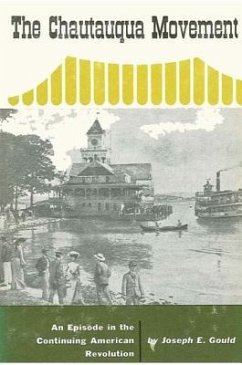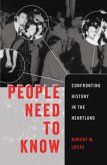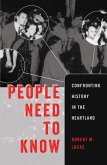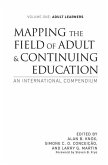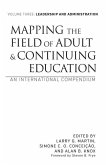From its inception in 1874 down to the close of World War I, the widespread popularity of the Chautauqua movement constituted one of the most dramatic episodes in the history of American adult education. Started by two Ohio men as a summer camp or assembly to train Sunday school teachers in pleasant surroundings on Lake Chautauqua in Western New York, the project grew to university proportions on its home grounds and during the height of its influence reached out to over 8,000 communities, which participated by means of correspondence courses, lecture-study groups, and reading circles. Providing a free platform for the discussion of vital issues and a means of bringing good music to people who previously had had no way of hearing it, Chautauqua was a major factor in the "great change" which brought to the Middle West the cultural standards of the Eastern seaboard. In so doing, it pioneered in introducing into American life many new concepts and ideas, including university extension courses, summer sessions, a university press, civic opera associations, and group activities such as the Boy Scouts, the Camp Fire Girls, and similar youth movements. The influence of Chautauqua upon the pattern of higher education in the United States was also great, due mainly to the action of William Rainey Harper--one of Chautauqua's leading personalities--in practically duplicating Chautauqua's organizational structure at the then new University of Chicago when he was chosen by John D. Rockefeller to head that institution. In this connection Dr. Gould has had access to the uncatalogued papers of Dr. Harper in the Archives of the University of Chicago. The net result is a book of value to the serious student of American education as well as to the casual reader whose knowledge of Chautauqua may have been confined hitherto to the relatively unimportant "tent show" era of the movement.
Hinweis: Dieser Artikel kann nur an eine deutsche Lieferadresse ausgeliefert werden.
Hinweis: Dieser Artikel kann nur an eine deutsche Lieferadresse ausgeliefert werden.

